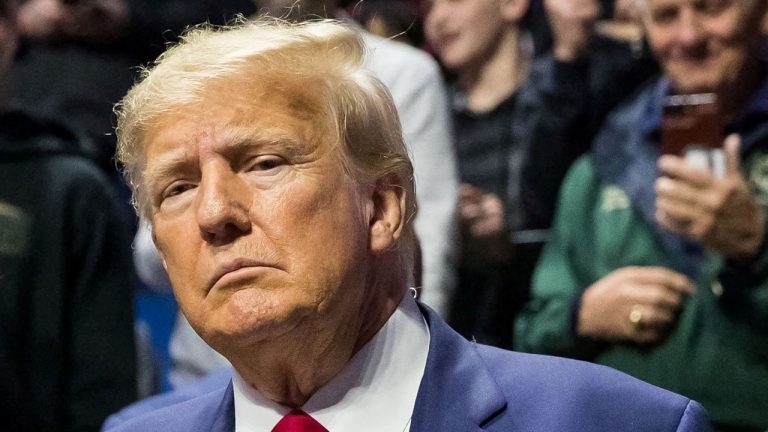
The US Supreme Court is set to deliver a highly anticipated decision on whether former President Donald Trump enjoys immunity from prosecution. The ruling, expected to be a landmark decision, will have significant implications for the presidency and the country’s future.
The case revolves around Trump’s claim of absolute immunity, which would shield him from prosecution for conspiring to overturn his 2020 election loss. While the court is unlikely to grant complete immunity, the scope and wording of the decision may influence the timing of the trial.
The trial, initially scheduled for March 4, has been delayed due to the Supreme Court’s decision to hear Trump’s argument for presidential immunity. The justices appeared skeptical of Trump’s claims during April arguments, with some questioning whether it would allow a president to “commit crimes with abandon.”
A ruling that sends the case back to lower courts could further postpone the trial, potentially delaying it until after the November election. Trump faces four criminal cases and has been attempting to delay the trials until after the election.
In a related development, Trump was convicted on 34 felony charges in a New York court on May 30, becoming the first former US president to be convicted of a crime. His sentencing is scheduled for July 11. The New York hush money case is considered the weakest of the four cases, but likely the only one to see trial before the election.
